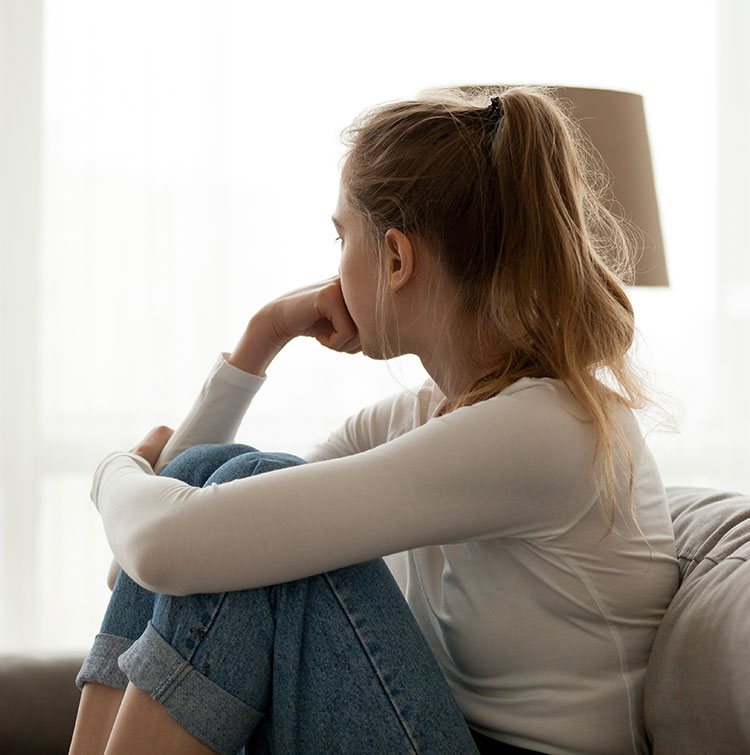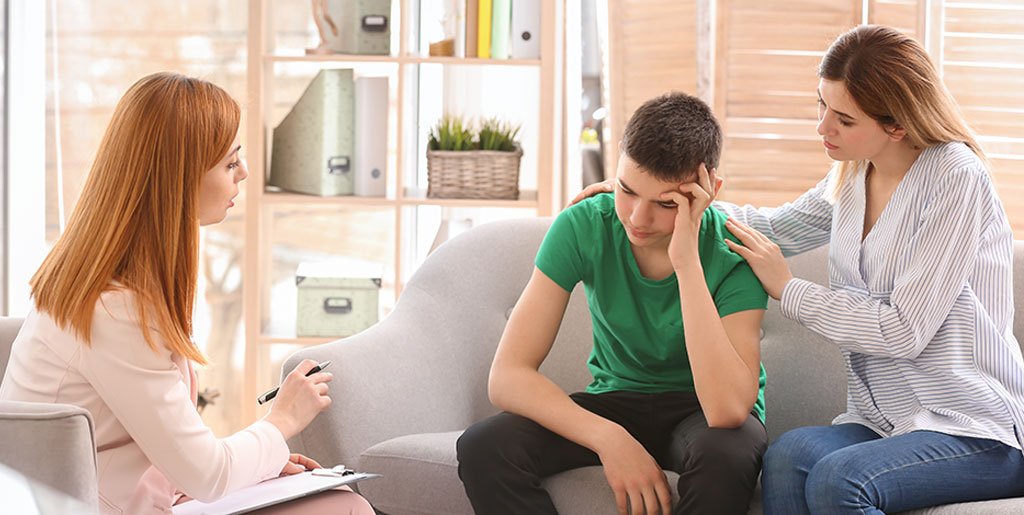|
All the worry and fear about the coronavirus may make you wonder if a positive or negative outlook can have a significant effect on your health. The answer is positively yes. Three decades of scientific research shows that a positive outlook can help you stay healthier, recover more quickly if you do get sick, and live longer, than a negative perspective. An optimistic, hopeful attitude, even against the odds, is correlated with lower mortality, improved immune function, and recovery from serious illnesses including cancer, cardiovascular disease, stroke, HIV/AIDS, autoimmune disease, and type 2 diabetes (see reviews by Humphrey, 2004; Rasmussen, Scheier, and Greenhouse, 2009; Wilson, Woody and Kiecolt-Glaser, 2018).
Decades of empirical research in the field of Positive Psychology (Seligman, 2011) shows convincingly that a hopeful, positive outlook can prevent the onset of serious illness in those at risk and improve the chances of recovery and survival for those who already have a serious, life-threatening disease (Steptoe, 2019). The converse is also true. Stress, depression, pessimism and a negative outlook are associated with increased inflammation, poorer response to vaccines, risk of a wide spectrum of diseases, poorer chances of recovery, and greater mortality (Wilson, Woody and Kiecolt-Glaser, 2018).
Social isolation and distancing are also key elements in protecting us against the coronavirus but are they a double-edged sword? Social isolation and lack of social support are well-established risk factors in disease morbidity and mortality on the same order as cigarette smoking, obesity, physical inactivity and hypertension (Sapolsky, 2004). Numerous research studies have shown that a lack of social support is strongly associated with increased susceptibility, and a poorer prognosis, in a wide array of physical and mental illnesses (Ozebay, Johnson, & Dimoulas, 2007). The availability of videoconferencing and Facetime is a welcome and effective venue for staying connected.
What about the effects of stress on marriages and families from isolating at home for weeks or months? Taking care of a sick family member? The groundbreaking research on psychoneuroimmunology by Janice Kiecolt-Glaser, PhD and her colleagues have answered these and related questions. Stress has powerful and bi-directional effects on close relationships and that, in turn, affects physical and mental health. Marital stress from any source, such as marital conflict or caring for a sick relative, is associated with poorer immune function, vulnerability to illness, poorer recovery from illness and even death.
So what can you do to keep your spirits up during this difficult time? Research has shown that these common activities can increase your positive outlook as well as your brain function, the effectiveness of your immune system, your resistance to disease, and the prognosis if you do get sick:
| 










 Arts and Entertainment
Arts and Entertainment Business and Industry
Business and Industry Computer and Electronics
Computer and Electronics Games
Games Health
Health Internet and Telecom
Internet and Telecom Shopping
Shopping Sports
Sports Travel
Travel More
More